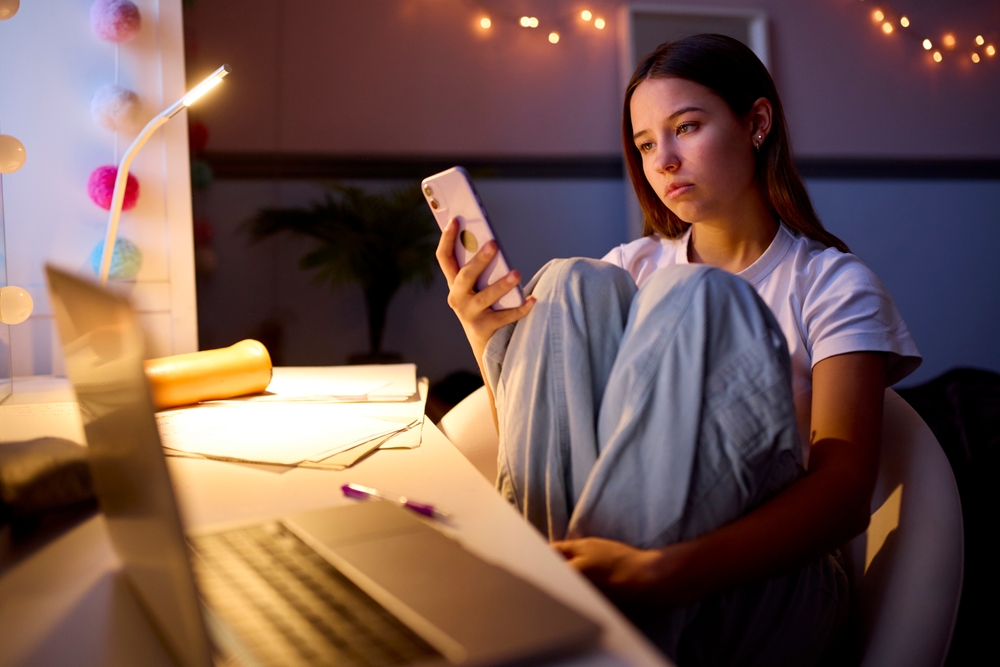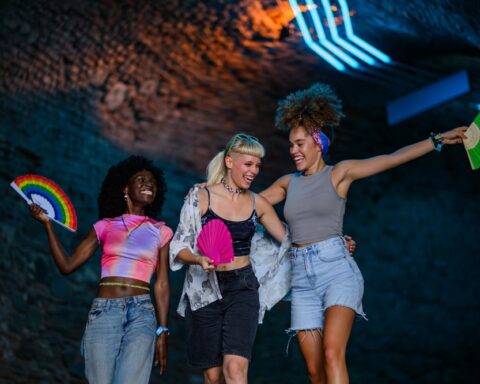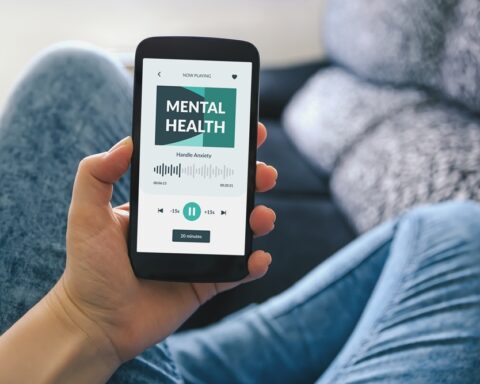Have you ever scrolled through your social media feed and suddenly felt less confident about how you look or who you are? You’re not alone. Social media has transformed the way we connect and share our lives, but it also plays a powerful role in shaping our self-perceptions. For many, constant exposure to highly curated online content can influence body image and self-esteem—sometimes in ways that aren’t healthy.
The Rise of the “Ideal Image” Online
Social media platforms like Instagram, TikTok, and Snapchat are built around visuals. Influencers and celebrities often post polished, filtered, and sometimes digitally altered photos. These images frequently showcase a narrow “ideal” of beauty—slim bodies, flawless skin, and luxury lifestyles.
Research highlights the impact of these portrayals. A 2021 study published in Body Image found that viewing appearance-focused content on Instagram was linked to greater body dissatisfaction among young women. Similarly, the American Psychological Association (APA) has noted that constant exposure to unrealistic beauty standards contributes to unhealthy comparisons and low self-worth.
How Algorithms Fuel Comparison
Social media doesn’t just show us content—it decides what we see through algorithms. These algorithms prioritize posts with high engagement, which often means that idealized, edited images are pushed to the top of feeds. As a result, users are more likely to be exposed to unrealistic beauty standards.
This cycle creates what psychologists call “upward social comparison”—comparing ourselves to people we perceive as better off or more attractive. Over time, this can reinforce feelings of inadequacy and lower self-esteem.
The Psychological Toll on Self-Esteem
The mental health consequences are well-documented. According to the Journal of Adolescent Health (2020), higher social media use was associated with increased symptoms of depression and anxiety, particularly when tied to appearance-based comparisons.
The pressure to receive likes, comments, and followers can also weigh heavily. When posts don’t perform as expected, users may feel rejected or undervalued, creating a direct hit to self-esteem. For teenagers especially, whose sense of identity is still forming, this validation-driven culture can have lasting effects.
Positive Movements on Social Media
Despite its downsides, social media also has the power to foster healthier body image and boost confidence. The rise of body positivity and body neutrality movements has helped broaden the conversation about beauty and self-worth.
Creators who share unedited photos, diverse body types, and authentic experiences are challenging traditional beauty standards. Hashtags like #BodyPositivity and #SelfLove have millions of posts, promoting inclusivity and self-acceptance. In fact, research from New Media & Society (2022) suggests that engagement with body-positive content can improve mood and increase body satisfaction.
Practical Steps Toward Healthier Use
The good news is that individuals can take active steps to reduce the negative effects of social media:
- Curate your feed: Follow accounts that promote authenticity, diversity, and body positivity.
- Limit screen time: Research suggests that reducing social media use to under 30 minutes per day can significantly improve mental health.
- Think critically: Remind yourself that many images online are staged, filtered, or altered.
- Focus on offline self-care: Build self-esteem through hobbies, physical activity, journaling, or spending time with supportive friends and family.
Striking a Balance Between Harm and Help
Social media itself isn’t inherently harmful—it’s how it’s consumed that matters. When used mindfully, it can connect us with supportive communities, promote self-expression, and even help challenge harmful beauty norms. But unchecked use, especially in appearance-driven spaces, can harm both body image and self-esteem.
The key lies in striking a balance: limiting harmful comparisons while seeking out empowering, inclusive voices online. By doing so, social media can become a tool for growth, connection, and self-confidence rather than self-doubt.






